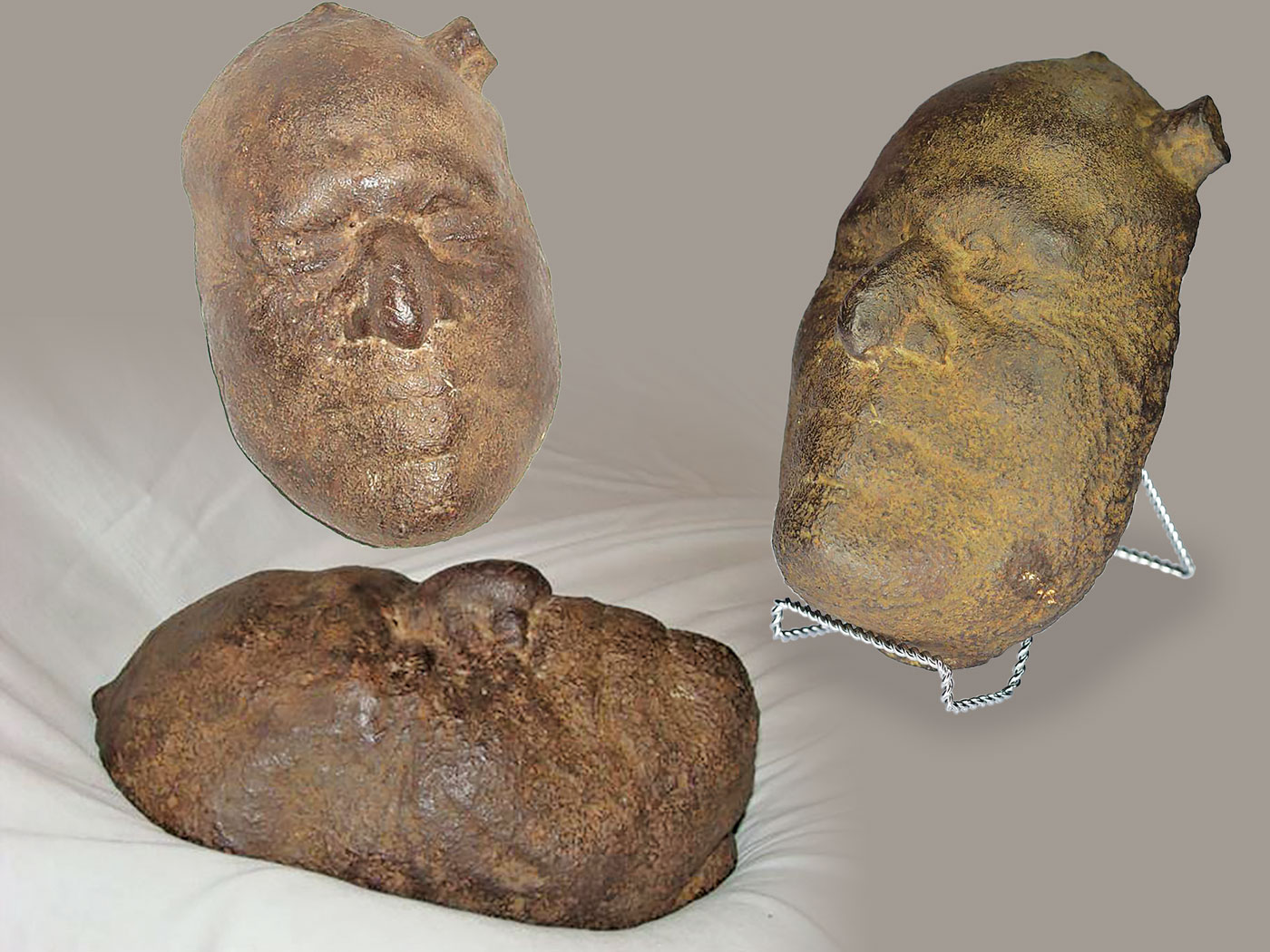Search Tools
New Defender's Study Bible Notes
12:2 above fourteen years ago. This unique experience of Paul may have been when he was stoned to apparent death at Lystra, then recovered, possibly being miraculously resurrected from the dead (Acts 14:19-20). This is uncertain, however, and there is no other New Testament reference to this event.
12:2 in the body. Paul had already written about a future bodily rapture into heaven and also about the departure of the soul from the body into heaven (I Thessalonians 4:16-17; II Corinthians 5:6-8), so both types of events are possible. In this case he was not sure which it was. Perhaps in His visit to heaven he had encountered both men in physical bodies (e.g., the Old Testament saints raised after Christ’s resurrection—Matthew 27:52-53) and also translated souls awaiting resurrection (see notes on II Corinthians 5:1-8), and he could not be certain of his own state at the time.
12:2 third heaven. The pagans in many cases believed in seven heavens, but there is no Biblical hint of any such thing. It is possible that Paul was translated in time to the future heaven—that is, the new heaven and new earth, the first having been destroyed by water, the second by fire (II Peter 3:5-13). More likely, however, he was translated beyond the heaven of the stars and the heaven of the birds (Genesis 1:15,20) to the heaven where God’s throne is (e.g., Isaiah 14:13; Job 22:12), the heaven to which Christ ascended to the right hand of God at His throne (Mark 16:19; Ephesians 1:20).
12:4 paradise. “Paradise” here seems to be synonymous with the “third heaven” (II Corinthians 12:2), or more likely some specific part of the third heaven. Although the word “paradise” does not occur in the Old Testament, the Septuagint translators of the Old Testament into Greek did use it to translate “the garden of Eden.” It occurs only two other times in the New Testament. Christ told the dying thief: “To day shalt thou be with me in paradise” (Luke 23:43). Also, He told the church at Ephesus: “To him that overcometh will I give to eat of the tree of life, which is in the midst of the paradise of God” (Revelation 2:7). This statement not only relates paradise back to the Garden of Eden (Genesis 2:9; 3:22) but also to the future New Jerusalem (Revelation 22:2,14). Although we cannot now be dogmatic, it seems that paradise (perhaps incorporating also the New Jerusalem now being prepared—John 14:2-3) is that region of the third heaven, where all the departed saints are blissfully awaiting, with Christ, the soon-coming day of His return to earth.
12:4 unspeakable words. The marvelous words which Paul heard in paradise are incapable of being communicated to mortal ears (I Corinthians 2:9). Perhaps certain aspects of them, however, were given to enable him to convey the glorious promises of the future resurrection day (e.g., I Corinthians 15:51-57; I Thessalonians 4:13-18). However, there were others he was not allowed to communicate, even if he could.
12:7 thorn in the flesh. This “thorn in the flesh” was not some spiritual burden, but a physical ailment to keep Paul continually aware that, despite the abundance of spiritual privileges given him, he was painfully human. The exact nature of this physical problem is unknown, though there have been numerous conjectures. Actually, it is best that it remain unknown, so that Christians of all times and places (each of whom has some “thorn in the flesh,” which God has not been pleased to remove) can better learn to know and appreciate the sufficient grace of God which enables them to continue serving Him despite the pain, and which encourages them to look all the more toward His coming at that day when “there shall be no more death, neither sorrow, nor crying,” and not even “any more pain!” (Revelation 21:4).
12:7 messenger. “Messenger” is the same word as “angel.” Satan, being a created being, is not omnipresent, but he has a multitude of fallen angels, or evil spirits, that do his evil work among men. In Job’s case (Job 2:4-6) and here in Paul’s case, God allowed these creatures to vent their hatred against God’s people in inflicting them with physical afflictions, hoping thereby to cause them to rebel against God or to destroy their testimony in some way. It would be unwise, of course, to blame all pain and sickness on Satan, except in the general sense that he introduced sin and its consequences into God’s perfect creation. Nevertheless, this particular cause of pain is always a possibility that should at least be considered, and perhaps dealt with accordingly.
12:8 besought the Lord thrice. Although Paul’s prayers and spiritual gifts had brought physical healing to many others, he could not heal himself. While God is often pleased to answer prayers for healing, it must always depend upon the will and purpose of God for the individual. In God’s infinite wisdom and in the light of eternity, it may be best in many cases not to heal, and we must be content, if that is so.
12:9 glory in my infirmities. We need to learn to thank God, rather than complain to God and others, about our “infirmities,” reproaches, “necessities,” “persecutions,” “distresses for Christ’s sake” (II Corinthians 12:10). God’s strength, paradoxically, is not measured in ordinary human terms (e.g., riches, physical prowess, beauty, intellect), but rather “is made perfect in weakness.”






